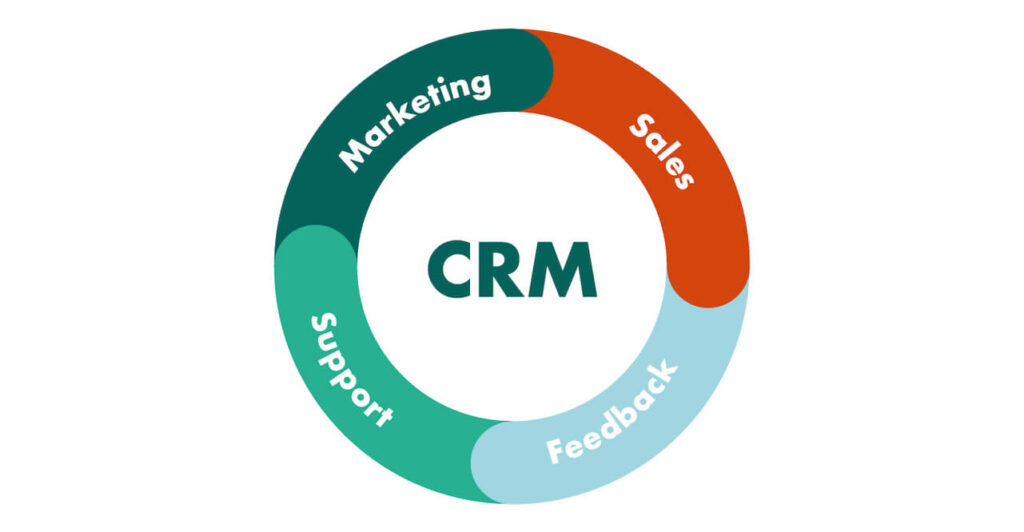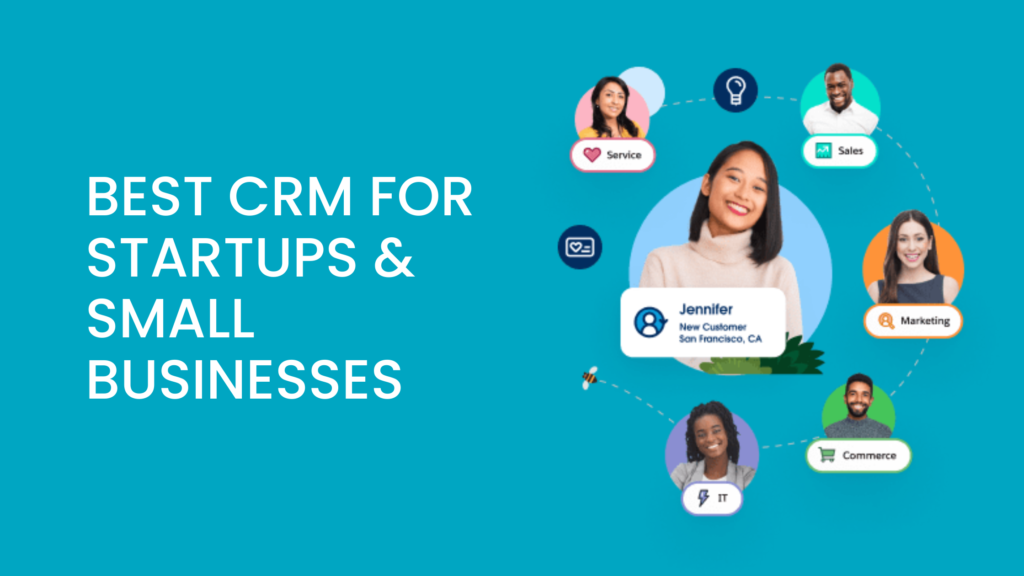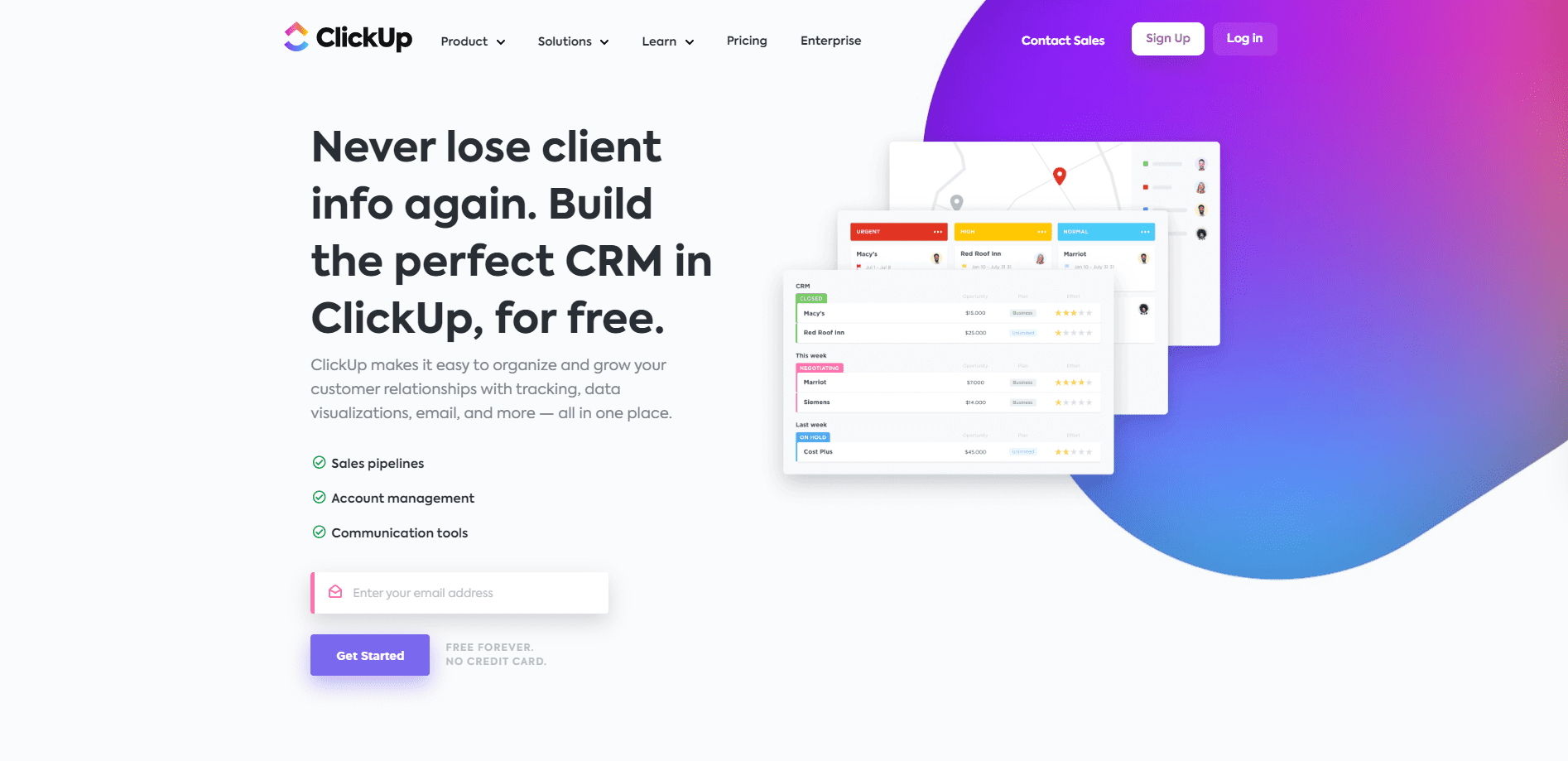Unlocking Growth: A Comprehensive Guide to CRM Marketing Software

Unlocking Growth: A Comprehensive Guide to CRM Marketing Software
In today’s fast-paced business landscape, staying ahead of the curve is crucial. One of the most effective tools for achieving this is Customer Relationship Management (CRM) marketing software. This comprehensive guide delves into the world of CRM software, exploring its functionalities, benefits, and how it can revolutionize your marketing strategies. We’ll cover everything from the basics to advanced features, ensuring you have a solid understanding of how to leverage CRM to drive growth and build lasting customer relationships.
What is CRM Marketing Software?
At its core, CRM marketing software is a system designed to manage and analyze customer interactions and data throughout the customer lifecycle. It’s more than just a contact database; it’s a central hub that integrates various aspects of your marketing, sales, and customer service efforts. By consolidating customer information, CRM empowers businesses to personalize interactions, improve customer satisfaction, and ultimately, boost profitability.
Think of it as the brain of your customer-facing operations. It allows you to:
- Centralize Customer Data: Store all customer information in one accessible location.
- Automate Marketing Tasks: Streamline repetitive processes like email campaigns and lead nurturing.
- Personalize Customer Interactions: Tailor communications based on individual customer preferences and behaviors.
- Track and Analyze Performance: Gain insights into the effectiveness of your marketing efforts.
- Improve Collaboration: Facilitate seamless communication between sales, marketing, and customer service teams.
Key Features of CRM Marketing Software
While the specific features vary depending on the software, most CRM platforms offer a core set of functionalities. Understanding these features is essential for selecting the right CRM for your business.
1. Contact Management
This is the foundation of any CRM. It involves storing and organizing customer contact information, including names, addresses, phone numbers, email addresses, and social media profiles. Advanced contact management features may include:
- Segmentation: Grouping contacts based on demographics, behavior, or interests.
- Lead Scoring: Assigning points to leads based on their engagement and likelihood to convert.
- Data Enrichment: Automatically filling in missing information about contacts.
2. Sales Automation
Sales automation streamlines the sales process, freeing up your sales team to focus on closing deals. Key features include:
- Lead Management: Tracking leads from initial contact to conversion.
- Opportunity Management: Managing sales opportunities and tracking progress.
- Workflow Automation: Automating repetitive tasks like sending follow-up emails and creating tasks.
- Sales Forecasting: Predicting future sales based on historical data.
3. Marketing Automation
Marketing automation allows you to automate marketing tasks, nurture leads, and personalize customer experiences. Common features include:
- Email Marketing: Creating and sending targeted email campaigns.
- Landing Pages: Designing and optimizing landing pages for lead generation.
- Social Media Management: Scheduling and managing social media posts.
- Behavioral Targeting: Triggering actions based on customer behavior.
4. Reporting and Analytics
Reporting and analytics provide valuable insights into the performance of your marketing and sales efforts. Key features include:
- Dashboard: Customizable dashboards that display key metrics.
- Reporting: Generating reports on sales, marketing, and customer service performance.
- Data Visualization: Presenting data in charts and graphs for easy analysis.
- ROI Tracking: Measuring the return on investment of your marketing campaigns.
5. Customer Service
Many CRM systems include customer service features to help you manage customer inquiries and resolve issues. These features may include:
- Help Desk: Managing customer support tickets.
- Live Chat: Providing real-time customer support.
- Knowledge Base: Creating a self-service knowledge base for customers.
Benefits of Using CRM Marketing Software
The advantages of implementing CRM marketing software are numerous and can significantly impact your business’s bottom line. Here are some of the key benefits:
1. Improved Customer Relationships
CRM empowers you to build stronger relationships with your customers by providing a 360-degree view of their interactions with your business. This allows you to personalize your communications, anticipate their needs, and provide exceptional customer service.
2. Increased Sales and Revenue
By streamlining the sales process, automating tasks, and improving lead management, CRM can help you close more deals and increase revenue. Sales teams can focus on selling, rather than administrative tasks.
3. Enhanced Marketing Effectiveness
CRM allows you to segment your audience, personalize your marketing campaigns, and track the performance of your efforts. This leads to more effective marketing campaigns and a higher return on investment.
4. Improved Customer Retention
By providing excellent customer service and building strong relationships, CRM can help you retain existing customers. Happy customers are more likely to make repeat purchases and recommend your business to others.
5. Increased Efficiency and Productivity
CRM automates many repetitive tasks, freeing up your employees to focus on more strategic activities. This leads to increased efficiency and productivity across your organization.
6. Better Data-Driven Decisions
CRM provides valuable data and insights into your customer behavior, sales performance, and marketing effectiveness. This data allows you to make informed decisions and optimize your business strategies.
Choosing the Right CRM Marketing Software
Selecting the right CRM software is crucial for its successful implementation. Consider the following factors when making your decision:
1. Business Needs and Goals
Identify your specific business needs and goals. What are you trying to achieve with CRM? Do you need to improve sales, marketing, or customer service? Understanding your objectives will help you narrow down your options.
2. Features and Functionality
Evaluate the features and functionality of different CRM platforms. Do they offer the features you need? Consider features like contact management, sales automation, marketing automation, reporting and analytics, and customer service.
3. Scalability
Choose a CRM that can scale with your business. As your business grows, your CRM should be able to accommodate your increasing needs.
4. Integration
Ensure that the CRM integrates with your existing systems, such as your website, email marketing platform, and accounting software. This will streamline your workflows and improve data accuracy.
5. User-Friendliness
Choose a CRM that is easy to use and navigate. A user-friendly interface will ensure that your employees can quickly adopt the software and use it effectively.
6. Pricing
Consider the pricing of different CRM platforms. Some platforms offer subscription-based pricing, while others offer one-time licenses. Compare the pricing of different platforms and choose the one that fits your budget.
7. Customer Support
Look for a CRM provider that offers excellent customer support. You may need assistance with implementation, training, or troubleshooting. Choose a provider that offers reliable support options.
Popular CRM Marketing Software Platforms
There are numerous CRM platforms available on the market. Here are some of the most popular options:
1. HubSpot CRM
HubSpot CRM is a popular, free CRM platform that offers a wide range of features, including contact management, sales automation, and marketing automation. It’s a great option for small to medium-sized businesses.
2. Salesforce Sales Cloud
Salesforce Sales Cloud is a leading CRM platform that offers a comprehensive suite of features for sales, marketing, and customer service. It’s a good option for businesses of all sizes.
3. Zoho CRM
Zoho CRM is a versatile CRM platform that offers a range of features for sales, marketing, and customer service. It’s a good option for small to medium-sized businesses.
4. Microsoft Dynamics 365
Microsoft Dynamics 365 is a comprehensive CRM platform that integrates with other Microsoft products. It’s a good option for businesses that already use Microsoft products.
5. Pipedrive
Pipedrive is a sales-focused CRM platform that is designed to help sales teams manage their leads, track their deals, and close more sales. It’s a good option for sales-driven businesses.
Implementing CRM Marketing Software: Best Practices
Successfully implementing CRM software requires careful planning and execution. Here are some best practices to follow:
1. Define Your Goals
Before implementing CRM, clearly define your goals. What do you hope to achieve with CRM? This will guide your implementation strategy.
2. Clean Your Data
Ensure that your existing data is clean and accurate before importing it into the CRM. This will improve the accuracy of your reports and insights.
3. Train Your Team
Provide adequate training to your team on how to use the CRM. This will ensure that they can effectively use the software and maximize its benefits.
4. Customize Your CRM
Customize the CRM to meet your specific business needs. This may involve configuring workflows, creating custom fields, and integrating with other systems.
5. Monitor and Analyze Performance
Regularly monitor and analyze the performance of your CRM. Track key metrics, such as sales, customer satisfaction, and marketing ROI. Use this data to optimize your CRM strategy.
6. Integrate with Other Tools
Integrate your CRM with other tools that you use, such as your email marketing platform, social media platforms, and accounting software. This will improve data accuracy and streamline your workflows.
7. Get Buy-In from Your Team
Ensure that your team is on board with the implementation of CRM. Explain the benefits of CRM and how it will help them do their jobs more effectively. Encourage their feedback and involvement throughout the implementation process.
The Future of CRM Marketing Software
The CRM landscape is constantly evolving. Here are some trends to watch out for:
1. Artificial Intelligence (AI)
AI is playing an increasingly important role in CRM. AI-powered features, such as chatbots, predictive analytics, and automated recommendations, are becoming more common.
2. Mobile CRM
Mobile CRM is becoming increasingly important as businesses become more mobile. Mobile CRM allows users to access CRM data and manage their sales and marketing activities from their smartphones and tablets.
3. Integration with Social Media
CRM is increasingly integrating with social media platforms. This allows businesses to track customer interactions on social media, personalize their social media marketing efforts, and improve customer service.
4. Focus on Customer Experience
CRM is increasingly focusing on customer experience. CRM platforms are being designed to provide a seamless and personalized customer experience across all touchpoints.
5. Increased Automation
Automation is becoming more prevalent in CRM. CRM platforms are automating more and more tasks, such as email marketing, lead nurturing, and customer service. This helps businesses to save time and improve efficiency.
Conclusion: Embracing the Power of CRM
CRM marketing software is a powerful tool that can transform your business. By implementing CRM, you can improve customer relationships, increase sales and revenue, enhance marketing effectiveness, and improve customer retention. Choosing the right CRM software and following best practices for implementation are crucial for success. As the CRM landscape continues to evolve, staying informed about the latest trends and technologies will be essential for businesses that want to stay ahead of the competition.
Embrace the power of CRM and unlock the potential for sustainable growth and success. It’s an investment that pays dividends in the form of stronger customer relationships, increased efficiency, and a more profitable business.



